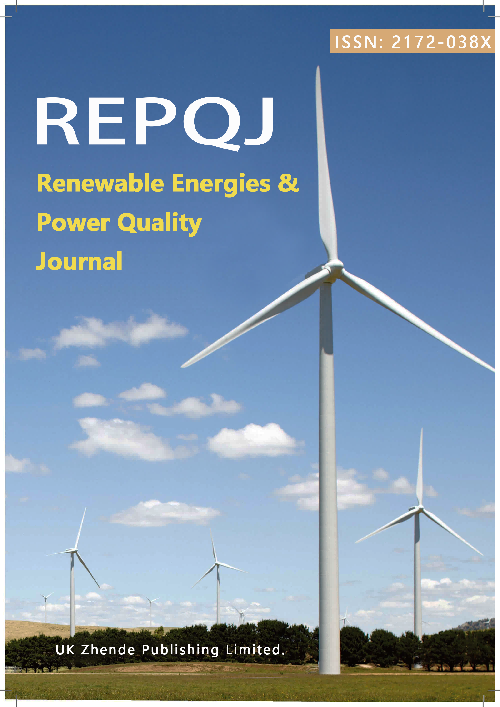Comparison between different electrolysis technologies under varying conditions
DOI:
https://doi.org/10.52152/4573Keywords:
Renewable Hydrogen, electrolysis, AEMWEL, PEMWEL, AWEL.Abstract
The use of renewable hydrogen is becoming increasingly relevance as a sustainable alternative to conventional energy sources, particularly in the transport and industrial sectors. One of its main advantages is that it enables energy use without generating direct pollutant emissions, thus contributing to the reduction of greenhouse gases emissions and the mitigation of climate change. Green hydrogen in these sectors is typically produced through different electrolysis technologies. These processes are often powered by renewable energy sources—such as solar or wind—which are inherently variable over time.
This paper presents a comprehensive comparison of the main electrolysis technologies, including alkaline electrolysis (ALKEL), proton exchange membrane electrolysis (PEMWEL), and anion exchange membrane electrolysis (AEMWEL). It analyzes their respective advantages, limitations, efficiency levels, response times, and adaptability to intermittent energy supplies. The study also explores the technical challenges associated with integrating each technology with renewable power sources, emphasizing key factors to consider when selecting the most suitable method. It is important to note that this analysis does not take cost into account, focusing instead on technical parameters and operational performance. The objective is to provide insights that support informed decision-making for the deployment of hydrogen technologies within sustainable energy systems.
Downloads
Published
Issue
Section
License
Copyright (c) 2025 D. Tejada, A. Castro, A. Monterroso, E. López, J. Renau, M. A. Ridao (Author)

This work is licensed under a Creative Commons Attribution 4.0 International License.











